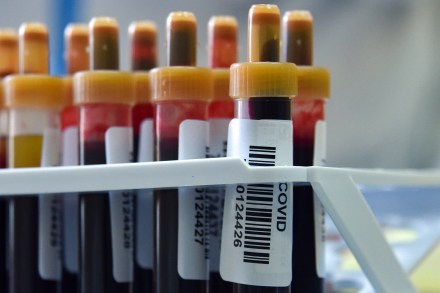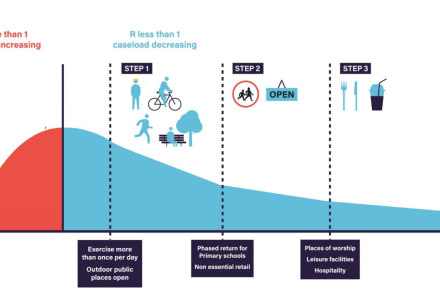My positive antibody test is an ‘immunity passport’ in all but name
I wouldn’t say I felt I had joined a master race when my coronavirus ‘immunity passport’ arrived this week. But I did have a slightly smug glow of satisfaction when discussing my positive Covid-19 antibody test result with colleagues. ‘Jammy devil’ and ‘I wish I had one’ were among the envious, bordering on resentful, responses. Although there is no absolute proof, it means it is almost certain I cannot get the disease again soon and consequently, unable to pass it on to anyone else. By contrast, friends who had antibody tests that proved negative bore the dejected air of youngsters who had just failed the 11 plus exam. Or failed




















